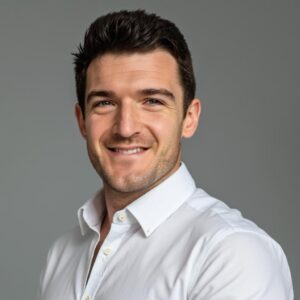Alec Dent, a British-French entrepreneur known for co-founding and exiting VC-backed grocery delivery business Weezy, has launched 1868 Capital, a search fund focused on acquiring and operating a profitable British SME with the support of a committed international group of SME investors.
With this venture, Dent’s journey comes full circle. He began his career as MD in France for BBA Reman, a  British-based SME remanufacturing automotive electronics across Europe, instilling an appreciation for businesses serving niches to a high standard.
British-based SME remanufacturing automotive electronics across Europe, instilling an appreciation for businesses serving niches to a high standard.
“I wanted to return to my roots in SMEs after recently building Weezy from inception to exit, where we pioneered the 15-minute grocery delivery model and scaled to 25 sites in under 2 years,ˮ said Dent. “1868 Capital is about preserving the legacy of a successful British SME by committing to lead the business as CEO post-acquisition. I am looking for a stable, profitable business with recurring revenue and growth potential, with a particular interest in the B2B services space — though I’m looking at a broad range of sectorsˮ
Dentʼs approach addresses a growing challenge in the UK economy: the looming SME succession gap. With SMEs accounting for 60% of private sector employment1, the so-called “silver tsunami” presents a significant economic risk. 1868 Capital offers an entrepreneur-led solution that prioritises continuity and care for employees and customers.
The fund is supported by an international group of 12 investors, comprised of successful SME CEOs who have collectively been involved in over 200 business acquisitions.
The name 1868 Capital draws inspiration from the opening of St Pancras Station in 1868 — a symbol of British heritage restored for modern relevance. The stationʼs rail link to Paris also nods to Dentʼs Franco-British roots, while the Dent clock overlooking the train shed, built by a once family-owned business, adds a personal resonance.
Dent, who rowed for Oxford in the historic Boat Race, winning against Cambridge, brings a blend of competitive spirit, operational experience and business owner-empathy, having led the sale of his own business, which counted over 1,000 employees. His decision to acquire flips the typical founder narrative — favouring long-term stewardship over fast exits, and legacy over disruption.


